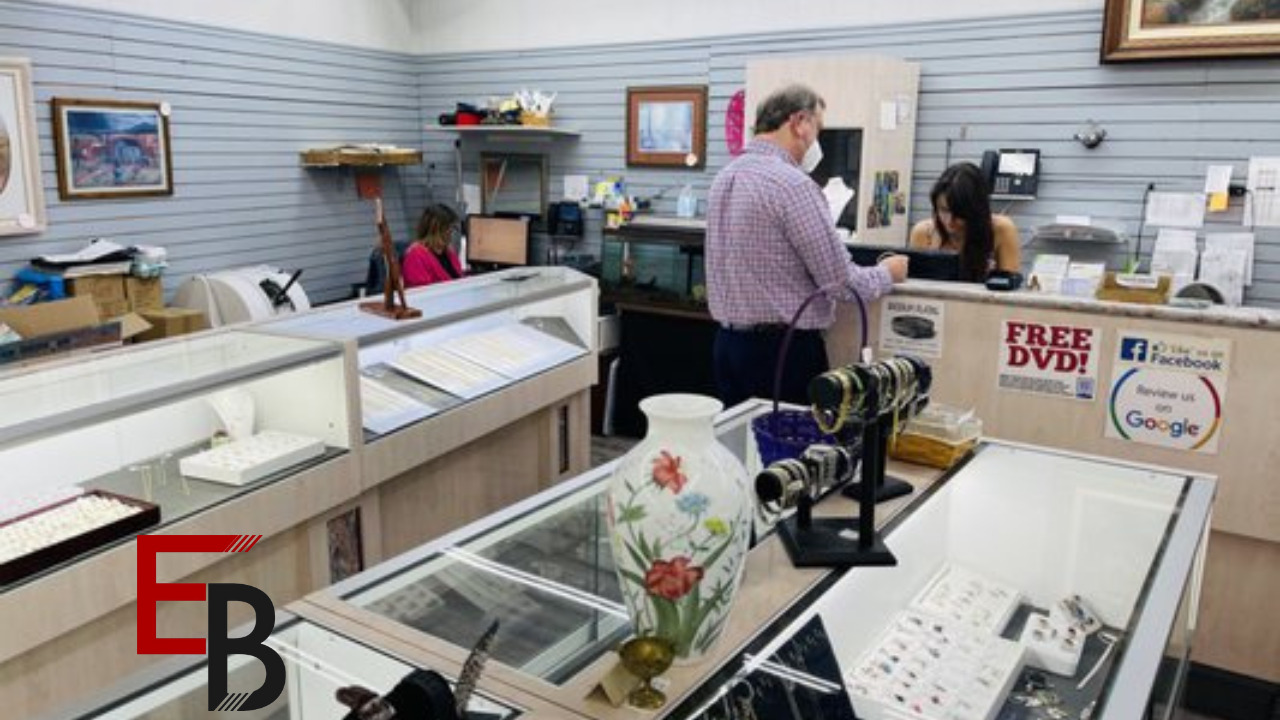Pawn Shops: A Business Perspective on a Time-Honored Trade

Pawn shops, often seen as a last resort for quick cash, are an enduring part of the global retail landscape. These unique establishments offer various financial services, including secured loans, retailing of pre-owned goods, and, sometimes, outright purchasing of items. This article delves into why pawn shops are a viable business model, their role in the community, and the various aspects that make them successful.
The Core Business Model of Pawn Shops
At its heart, a pawn shop offers secured short-term loans. Customers pledge an item of value (the pawn) for a loan. The loan amount is a fraction of the item’s appraised value. If the customer repays the loan plus interest and fees within an agreed-upon time, they can reclaim their item. If they fail to do so, the pawnshop has the right to sell the item to recover the loan amount.
Why Pawn Shops Are Good for Business
Diverse Revenue Streams: Besides loans, pawn shops generate revenue through the retail side of the business, selling unclaimed items or those bought outright from customers. This diversification is a robust business strategy, especially during economic downturns when loan demand may increase.
Asset-Backed Lending: The loans are secured against physical assets, reducing the risk of loss for the business. This is unlike unsecured personal lending, where the lender bears more risk.
Appeal to a Wide Customer Base: Pawn shops cater to a broad demographic, from individuals needing cash to collectors and bargain hunters looking for unique and valuable items.
Resilience in Economic Downturns: In times of financial crisis, pawn shops often see an uptick in business. They provide an essential service for those who need quick cash and cannot access traditional banking services.
The Role of Pawn Shops in the Community
Providing Quick Liquidity: Pawn shops offer immediate financial solutions without the lengthy processes of conventional banking. This is particularly vital for people with emergency funds or poor credit history.
Supporting Local Economies: By recycling goods and keeping money within the community, pawn shops contribute to the local economy. They often become community fixtures, known for their unique interests and personalized service.
Job Creation: As small businesses, pawn shops provide employment opportunities, often in areas with limited job options.
Challenges and Misconceptions
Despite their benefits, pawn shops often battle misconceptions. They are sometimes viewed negatively due to associations with financial desperation or crime. However, legitimate pawn shops operate under strict regulations and must work with law enforcement to prevent the sale of stolen goods.
Conclusion
Pawn shops represent a unique and vital retail and financial services segment. Their business model is grounded in practicality and resilience, able to weather economic fluctuations while serving a wide range of customer needs. By offering quick loans, selling exciting and diverse products, and injecting cash into local economies, pawn shops survive and often thrive, proving their worth as a significant business model. As the world continues to evolve economically and socially, the role of pawn shops as a reliable and necessary service is likely to grow, underscoring their enduring relevance in the business world.
